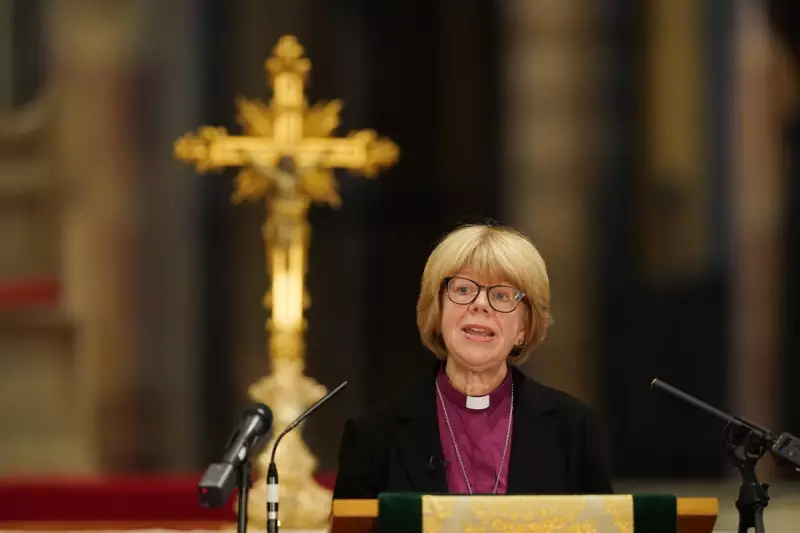
In a historic moment blending faith and politics, Bishop Sarah Mullally delivered a profound sermon to Prime Minister Keir Starmer and his entire cabinet during their inaugural government retreat at the hallowed Canterbury Cathedral.
A Sacred Setting for Secular Power
The newly elected Labour government gathered within the ancient walls of England's mother church, where Bishop Mullally offered both spiritual counsel and moral challenge to the nation's leaders. The Bishop of London emphasised that true leadership extends beyond mere political victory, urging ministers to govern with compassion and moral clarity.
Moral Compass for Governance
"Leadership is about more than just winning an election," Bishop Mullally declared from the cathedral's pulpit. "It's about serving with humility and recognising the profound responsibility you now hold." Her words resonated through the medieval architecture, creating a powerful juxtaposition of ancient faith and modern statecraft.
The bishop drew parallels between spiritual leadership and political service, reminding the cabinet that their decisions would shape lives and communities across the nation. She challenged them to maintain their ethical foundations while navigating the complex realities of governance.
Historic Venue for New Beginnings
Canterbury Cathedral, with its centuries of history as England's spiritual heart, provided a symbolic backdrop for a government barely two weeks into its mandate. The choice of venue underscored Starmer's commitment to connecting traditional institutions with contemporary governance.
Chancellor Rachel Reeves and other senior ministers joined the Prime Minister in this unique spiritual-political gathering, marking what many observers see as a significant departure from conventional cabinet meetings typically held in government buildings.
Building Bridges Between Church and State
The event represents a notable moment in the relationship between religious leadership and political power in Britain. Bishop Mullally's address balanced spiritual wisdom with practical governance considerations, offering what she described as "a moral framework for public service."
This gathering at Canterbury follows in the footsteps of historical traditions where church and state have intersected, though with a distinctly modern approach to the separation and cooperation between these spheres of influence.
As the Labour government embarks on its ambitious programme for national renewal, the spiritual guidance offered in this historic setting may well influence the moral tone and ethical considerations of their policymaking in the challenging months ahead.





